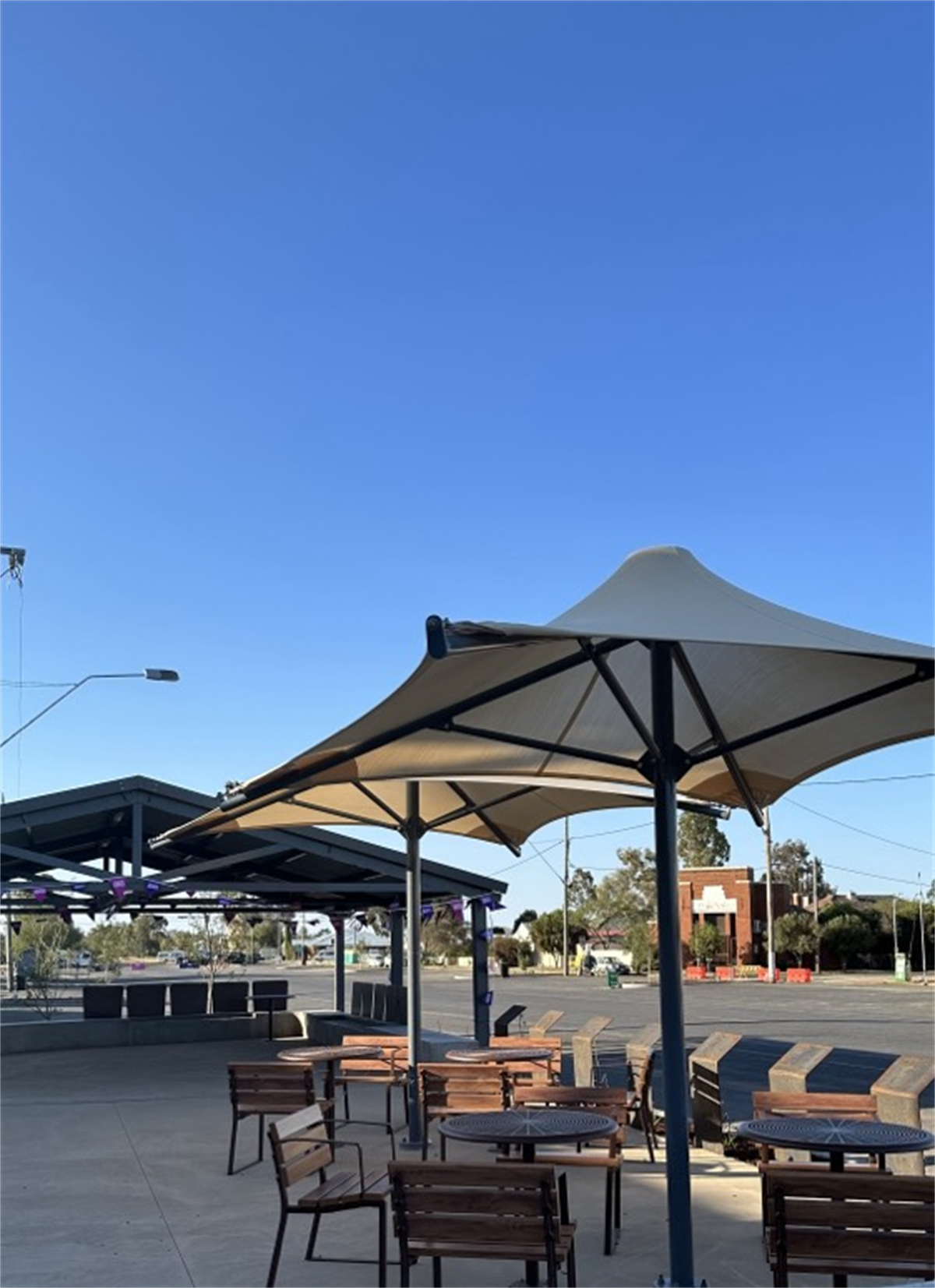In the wake of the devastating Black Summer bushfires, an overwhelming majority of Australians (82%) and South Australians (81%) say they are concerned about climate change resulting in more bushfires, according to a new benchmark report released today by the Australia Institute’s Climate & Energy Program.
The annual Climate of the Nation report has tracked Australian attitudes on climate change for over a decade, since 2007.
The 2020 Climate of the Nation report, to be launched by The Hon. Matt Kean MP, the NSW Minister for Energy and Environment, finds that nationally;
- A vast majority of Australians (83%) want coal-fired power stations to be phased out
- Seven in ten Australians (71%) want Australia to be a global leader in finding solutions to climate change, a jump of 9 percentage points from 2019
- More than two in three Australians (68%) believe Australia should have a national target for net-zero emissions by 2050, including majority support across Coalition voters (59%), Labor voters (81%), Greens voters (90%) and Other voters (65%).
In South Australia;
- Seven in ten South Australians (72%) are concerned about climate change.
- Four in five South Australians (81%) are concerned global warming will lead to more bushfires, a jump of 4 percentage points from 2019. Bushfires are now the greatest climate concern for South Australians, followed closely by droughts and flooding.
- Only 13% of South Australians support the Federal Government’s gas fired recovery from COVID-19, while three in five (59%) would prefer Australia’s economic recovery was powered by investment in renewable energy.
- Four in five South Australians (81%) think tackling climate change will create opportunities for new jobs and investment, compared to the national average of 77%.
- 77% of South Australians say the State Government should incentivise greater investment in renewable energy and 73% say the State Government should take a leading role in acting on climate change.
- South Australians are more opposed to the government putting subsidies into coal, oil and gas extraction than any other state (60% opposed, compared to the national average of 52%).
- South Australians are more likely than people from any other state to blame rising electricity costs on the privatisation of energy companies (69%, compared to the national average of 53%).
- When asked who should pay for the impacts of global warming, 54% of South Australians said fossil fuel producers, a jump of 7 percentage points from 2019 and higher than this year’s national average of 50%. Two thirds of South Australians (65%) now support the introduction of a levy on Australia’s fossil fuel exports to help prepare for and recover from the impacts of global warming, a jump of 8 percentage points from 2019.
“Our research shows that South Australians are concerned about the impact of climate change and want more investment in renewables,” said Noah Schultz-Byard, South Australian Director at the Australia Institute.
“South Australians want their State Government to take a leading role in acting on climate change, creating jobs and economic opportunity by investing in renewables across the state.
“South Australians are growing increasingly worried about the prospect of more bushfires as a result of global warming and they want to see governments taking action at all levels. The Black Summer fires have left a permanent scar on South Australia and increased the level of concern regarding similar catastrophic events in the future.
“The Federal Government’s plan to subsidise the gas industry in the wake of COVID-19 is deeply unpopular with South Australian voters. More than four times as many South Australians support investing in a renewables led recovery than a strategy that focuses on gas.
“There is strong support amongst South Australians for a national phase out of coal, bypassing a gas-fired transition and plugging directly into the renewable energy sources that will power our future.”






